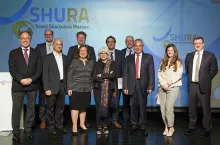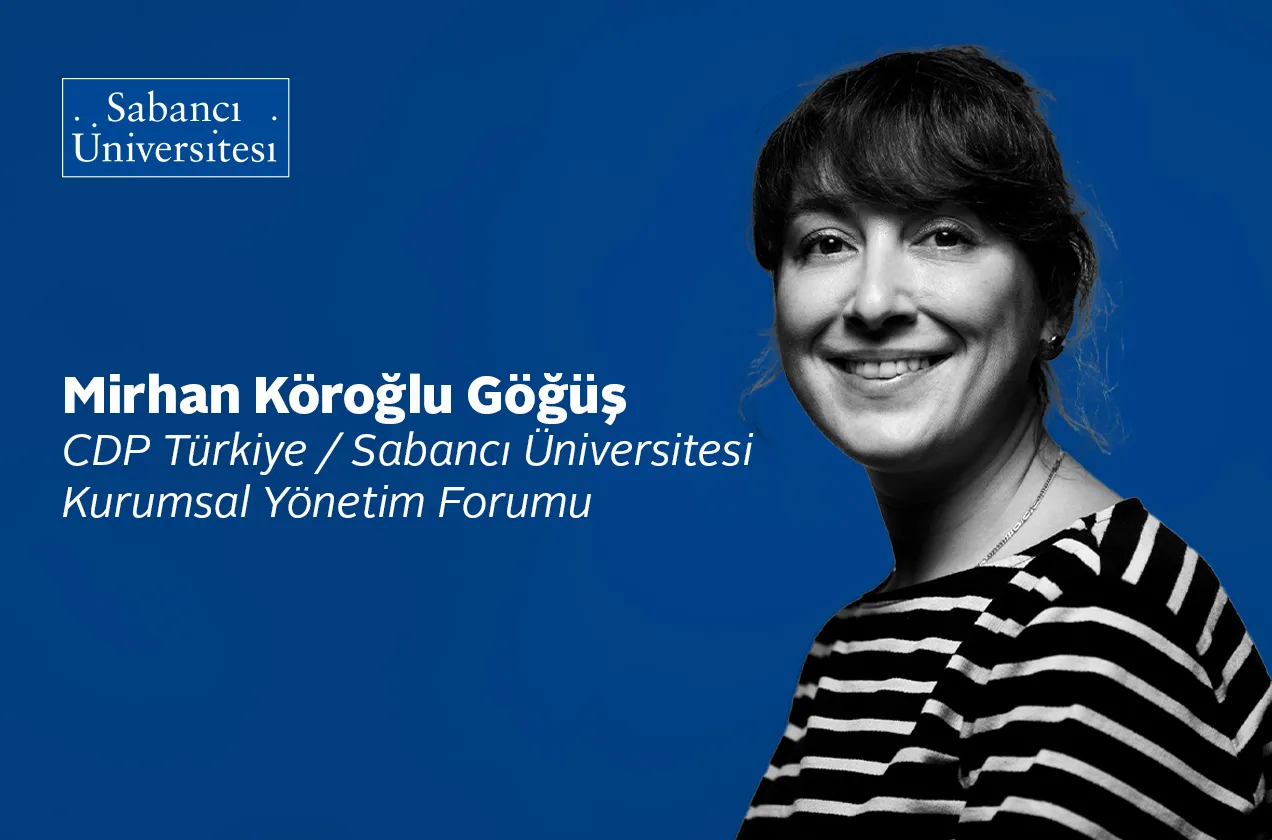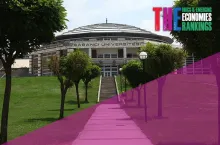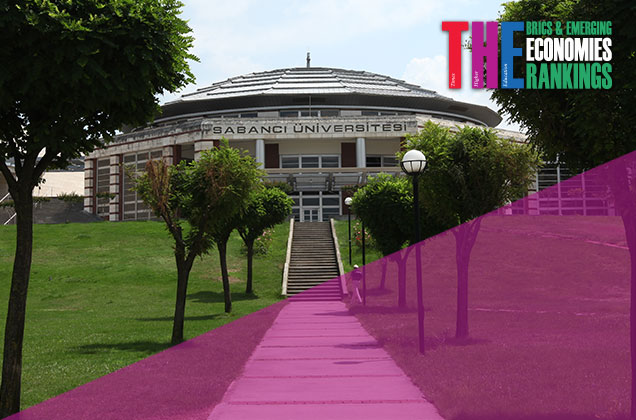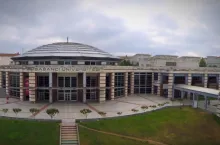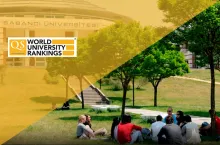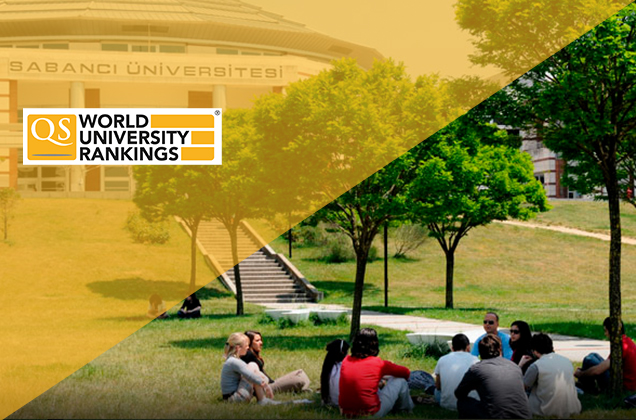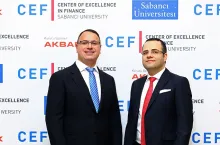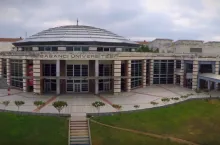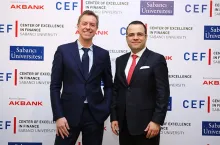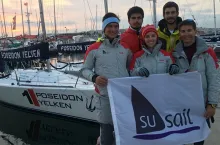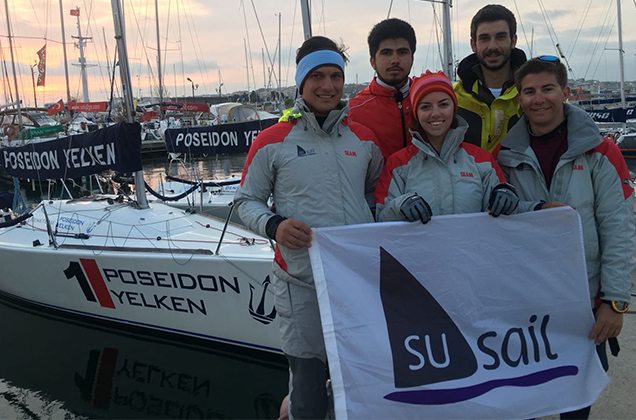18/05/2018
The Sabancı University Executive Development Unit EDU entered the Financial Times “Executive Education - Customised Programs” world rankings at 78th place!

Of the more than 800 schools carrying AACSB or EQUIS accreditation worldwide, only 90 schools were included in the “Executive Education-Customized” rankings, and the first and only Turkish entrant of the list was Sabancı University.
15/05/2018
Sabancı University Center of Excellence in Finance (CEF) hosted a lecture by Georgetown University Robert Parker Chair Professor of Finance Turan G. Bali.
The guest lecturer in the second event of the series by Sabancı University Center of Excellence in Finance (CEF) established with the founding sponsorship of Akbank was Georgetown University Robert Parker Chair Professor of Finance Turan G. Bali.
14/05/2018
2017-2018 Academic Year Summer School Special Student Applications
Students who have Bachelor's, Master's or Doctorate diplomas or students enrolled at universities other than Sabancı University can apply to the courses offered by Sabancı University to participate as special students. The candidates apply for special student status should firstly meet the requirements determined by the relevant Faculty/Graduate School for the level of English.
08/05/2018
Sabancı University Center of Excellence in Finance (CEF) hosted Columbia Business School international finance and foreign currency markets expert Prof. Geert Bekaert as part of a seminar series.
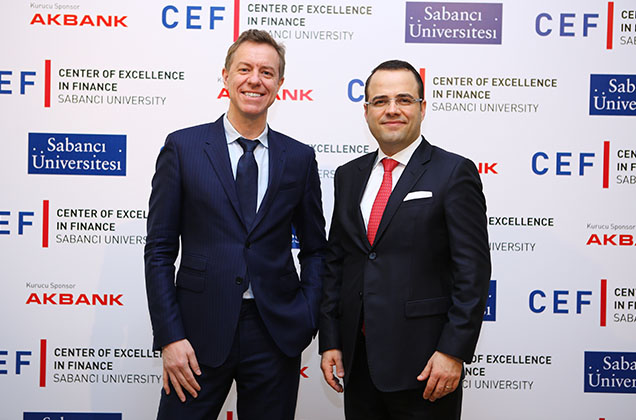
Subscribe to
